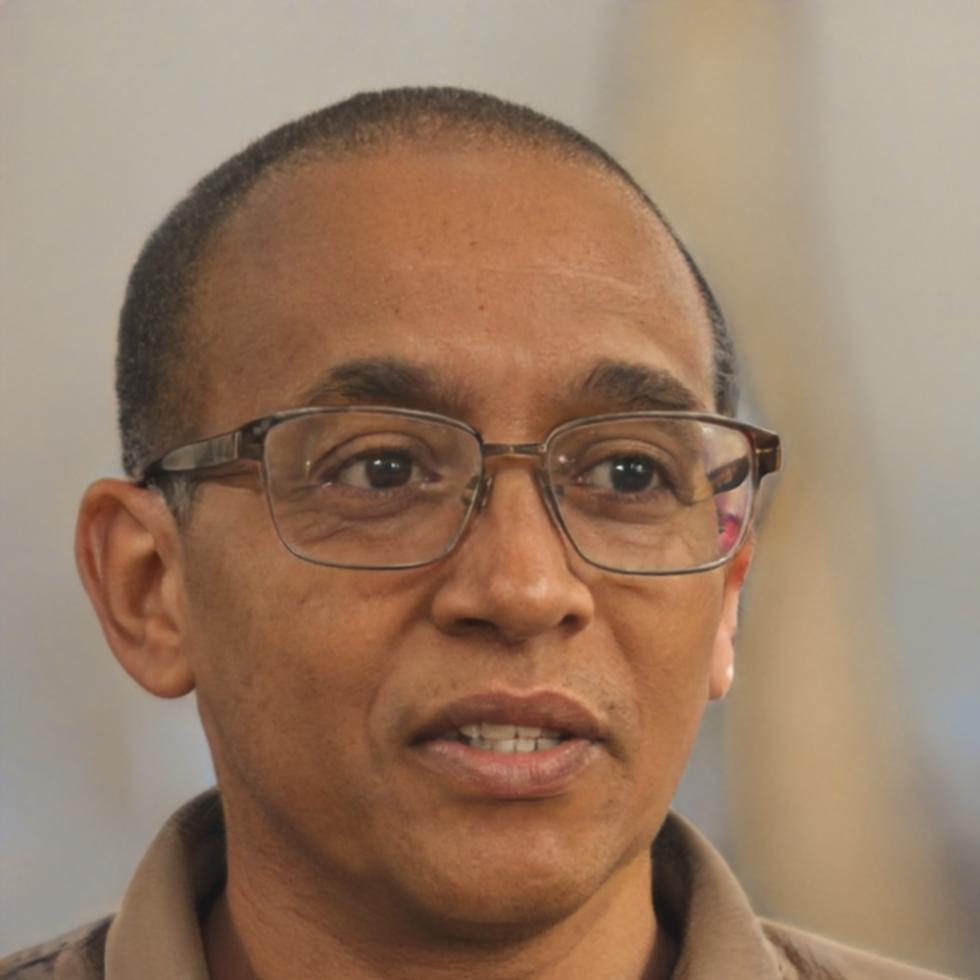Speaking Money Without the Jargon
Most people freeze when financial conversations start. Not because they can't understand numbers, but because nobody taught them how to talk about money in a way that feels natural. We're changing that.
Explore Our Programs
What Actually Matters in Financial Talks
Financial communication isn't about sounding smart. It's about being clear when it counts—whether you're negotiating a contract, presenting to stakeholders, or explaining why your budget request makes sense.
Translating Numbers
Turning spreadsheets into stories people remember. Because a 23% increase means nothing until you explain what it buys.
Budget Justification
Making the case for resources without the corporate speak. Real scenarios where saying "strategic investment" doesn't cut it.
Stakeholder Alignment
Getting finance, operations, and leadership on the same page when they all speak different languages.
Tough Conversations
Delivering bad news about budgets or explaining cost overruns without the usual deflection tactics.
How We Actually Teach This Stuff
Forget lecture halls and PowerPoint marathons. Our approach mixes practical exercises with real-world pressure testing, because financial communication breaks down under stress if you haven't practiced it properly.
Scenario Simulations
You'll present a budget cut to a hostile room. Explain a variance to an executive who's already annoyed. Negotiate terms when you don't have leverage. These aren't hypotheticals—they're based on situations our participants faced the week before joining.

Vocabulary Building
Learning to explain EBITDA to someone who zones out at acronyms. Building a toolkit of metaphors that land.
Feedback Loops
Video recording yourself explaining a P&L statement, then watching it back with someone who'll tell you where you lost them. It's uncomfortable, but it's the fastest way to improve.

Cross-Functional Practice
Working with people from sales, operations, and IT to understand how they think about money differently than you do.
Your Learning Journey Unfolds Like This
Our programs run from September 2025 through early 2026, giving you time to apply concepts between sessions.
Foundation Phase
We start with the basics—not accounting basics, but communication basics. How to structure a financial argument. Where people's attention drops off in presentations. Why your carefully crafted email gets misunderstood.
This runs for six weeks starting September 2025. Two evening sessions per week, plus practice assignments that take maybe an hour each.

Application Stage
Now you're bringing your actual work challenges. That budget presentation you're dreading? We workshop it. The financial report nobody reads? We rebuild it together. This is where theory meets the messy reality of your specific workplace.
October through November 2025, with more flexible scheduling since you're working on real projects.


Callum Threlfall
Lead Instructor
Learning From Someone Who's Been There
Callum spent twelve years translating between finance departments and everyone else. He's presented budgets to boards who wanted him to fail. Explained cost overruns to clients considering litigation. Trained analysts who thought communication skills were beneath them.
What he learned: technical knowledge means nothing if you can't make people understand why it matters. So in 2022, he started teaching the communication skills that nobody teaches in finance programs.
His sessions skip the theory you can read in books. Instead, you'll work through the scenarios that actually make people nervous—because that's where communication skills either hold up or fall apart.
Learn About Our Approach